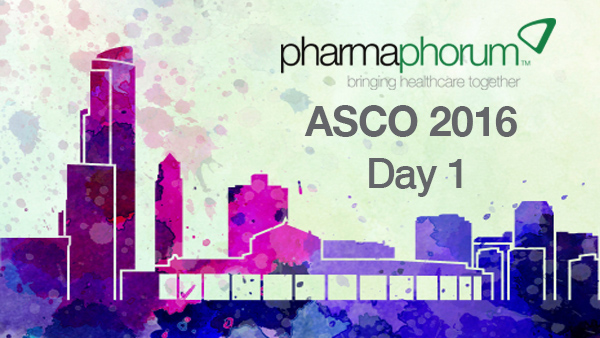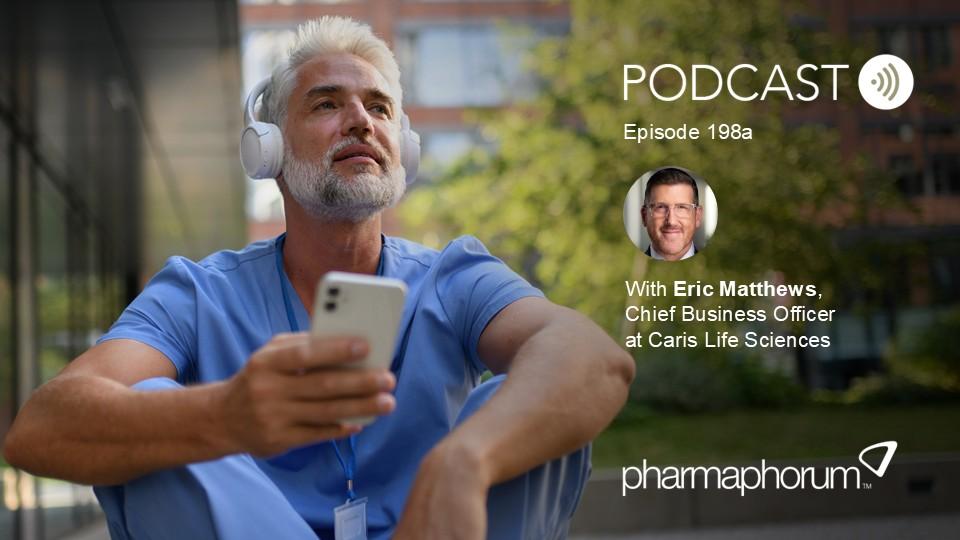Eye on ASCO Day 1 - There's life in the old drugs yet

The American Society of Clinical Oncology meeting, the world's biggest cancer conference, has kicked off in blazing sunshine and amid much anticipation in Chicago.
Before joining the 30,000 or so doctors, researchers, media and, yes, patients, in the vast McCormick Place convention centre, pharmaphorum headed downtown to a press briefing by Roche. The Swiss giant is presenting over 200 abstracts across eight different cancer types or so but highlighted just a couple of therapies - Alecensa (alectinib), its oral anaplastic lymphoma kinase (ALK) inhibitor that was granted accelerated approval by the US Food and Drug Administration in December, and its immunotherapy Tecentriq (atezolizumab).
The latter, a PD-L1 inhibitor, has just got the thumbs-up from the FDA for the most common type of bladder cancer, called urothelial carcinoma. Thomas Buechele, head of product development and medical affairs, haematology and oncology, told pharmaphorum that the company is extremely enthusiastic about the potential of Tecentriq in combination with other treatments, both from within its own portfolio and pipeline and from outside.
Back to ASCO where it was out with the new and in with the old as four presentations at the press briefing looked at new approaches with conventional therapies. It should have been five but ASCO dumped Immunomedics’ sacituzumab govitecan for refractory/relapsed metastatic triple-negative breast cancer from the briefing, following a complaint that the company had already reported the results in April.
Causing the biggest stir was data from a 500-patient trial on Mylan and Biocon’s biosimilar of Roche’s Herceptin (trastuzumab), which showed that it is comparable in efficacy and safety to the branded product in women with HER2-positive advanced breast cancer.
Presenting the data, Hope Rugo of the University of California San Francisco gave her backing to a Herceptin biosimilar, saying it will expand patient access. Researchers at these big medical conferences wince when the subject of cash is brought up and Dr Rugo would not get into a game of how much cheaper the Mylan version will be but acknowledged it will be lower. As for take up in the USA, where the biosimilar path has been a rocky one and suspicion surrounds them, she said if insurance companies push for them, the plain fact is they will be used.
There was also some extremely good news about pancreatic cancer, a disease where survival rates have hardly moved and the list of clinical failures is a lengthy one.
Dr John Neoptolemos of the University of Liverpool presented data from a study of 732 patients with early-stage pancreatic cancer who had undergone surgery within 12 weeks of diagnosis.
They were given gemcitabine alone or gemcitabine with capecitabine for 24 weeks and the median overall survival was 28.0 months with the combo versus 25.5 months with gemcitabine alone. However, the marvellous bit of news was that five-year survival rates were 28.8% versus 16.3%, which Dr Neoptolemos said was extremely exciting, especially for a disease whether the outlook has been none too bright.
So a timely reminder that it is not just the sparkly new therapies that can work.
Kevin Grogan is on site at ASCO and reporting each day for pharmaphorum - to view our full coverage generated throughout the conference click here.












